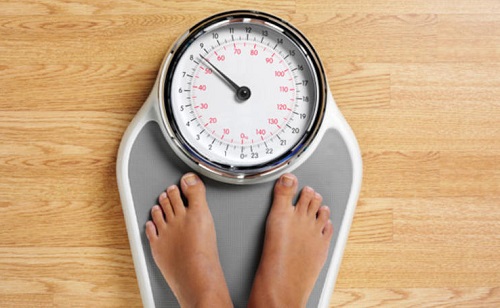What is depression?
Depression is a serious medical illness which is something more than feeling sad or having ‘blues.’ The feelings of depression just don’t go away they persist deep down the mind and can out surface at any point. Feelings of low mood, anxiety, tearfulness, fatigue, unable to sleep in nights are some of the common first level symptoms of depression. The feelings of depression manifest in various ways which are difficult to understand and recognize. A person can have some physical pain, may feel irritable all the times, feelings of boredom and sadness.

If a person wants to get diagnosed with the depression, he/she needs to look that the symptoms are present for at least two weeks.
Symptoms of Depression:
The symptoms of depression are categorized under four forms as given by mental health first aid:
1. Emotions
- Sadness: A person haves a constant feeling of sadness at all the times of the day and feels difficulty in sleeping due to low mood.

- Anxiety disorders: Anxiety disorders are frequent. Worry and fear are constant and can be overwhelming at some point.
- Excessive guilt: An excessive guilt feeling arises in people who are suffering from bipolar depression disorder. The conscience and over thinking make them feel disproportionately guilty and remorseful.
- Anger: The root of the depression is anger. Anger sticks down deep in mind and causes depression. If a person is at all times expressing anger, he might be having fear, shame, guilt or frozen hurt causing deep thinking and mental illness.

- Mood Swings: A person is seemed to suffer from bipolar mood swings at many points without any serious situation. These mood swings can be profoundly destructive at higher stages of illness. These mood swings do isolate people from their family and friends. During this stage, a person can feel reckless and volatile.
- Helplessness and hopelessness: These emotions are often accompanied by a feeling of worthlessness and low self-esteem.
- Irritable: A person is seen becoming frustrated and upset very easily in response to stress which is build up in mind.

2. Thoughts
- Frequent self-criticism: A person who has mental illness has a very low self-esteem. Due to this, he is always feeling unworthy. We can spot these persons pointing out flaws in themselves frequently.
- Impaired memory and concentration: A person feels forgetful and has trouble concentrating. This symptom of depression affects the ability to get things done. The processing speed of mind, ability to retrieve information easily and efficiently is impaired in some people who suffer from depression. These people lack concentration and quick response.

- Indecisiveness: It is a state in which a person doesn’t get a response quickly and lacks distinction among this happening around. A person is unable to reach conclusions and is not confident about things or constantly changes mind.
- Confusion: Facing confusion at points is a depressive symptom. There is a sudden change in a way a person’s brain is working. Confusion
3. Behavior
- Crying: A person is seemed to cry out of frustration, anger, guilt or sadness. A person in depression cries a lot.

- Withdrawal from others: A depressed person often likes to spend time alone and is socially inactive. A person doesn’t like to go on social gathering and meet new people or old friends.
- Neglect responsibility: A person who has a mental illness is often in a convulsive state and lacks decisiveness. These things affect the social life and neglect responsibility.
- Changes in personal appearance
- Being agitated and unable to settle down

4. Physical
- Chronic fatigue: A person who has mental illness feels tired all time even after a good night sleep.
Depressed people face sleeping problems that involves either sleeping too much or not sleeping at all. - Lack of energy: People who are suffering from depression feel tired all the time and are very lazy to do any work. These people lack energy and motivation to perform daily activities.
- Weight gain or loss: A sudden gain in weight can be observed because a person doesn’t perform routine activities. A loss in weight if seen is because a person skips a meal during the depression.

Not everyone who is suffering from depression exhibits all of the symptoms mentioned above. These symptoms vary from person to person. So continue to educate yourself about depression.
If you spot much of these symptoms for around two weeks, do visit a counselor.




